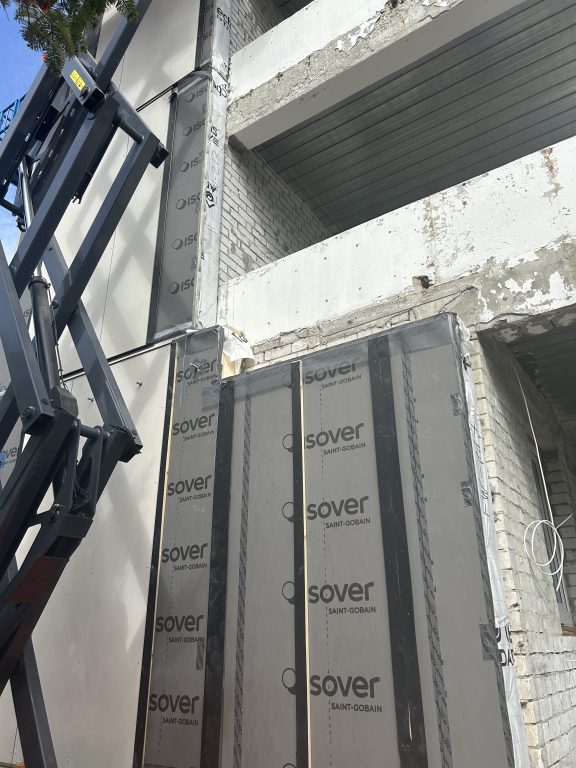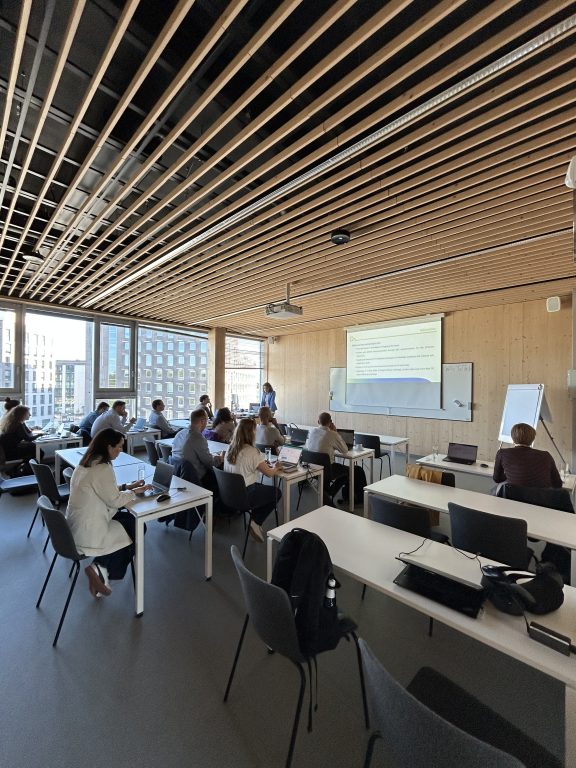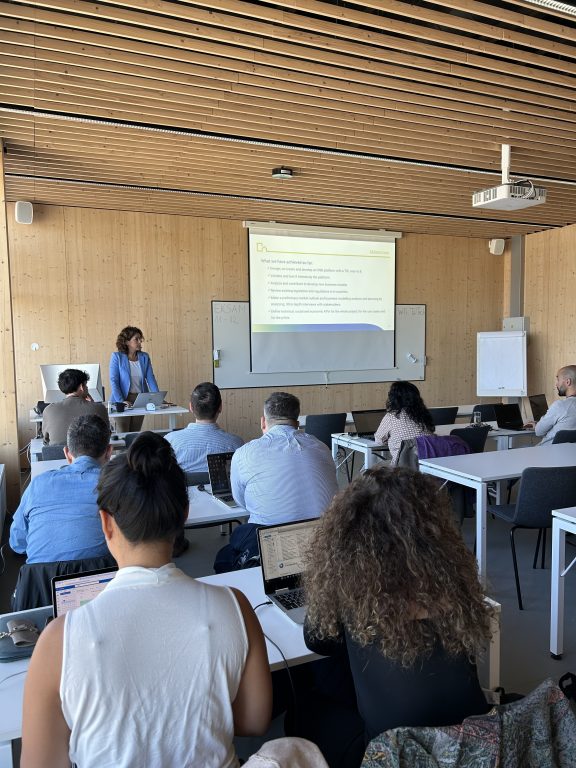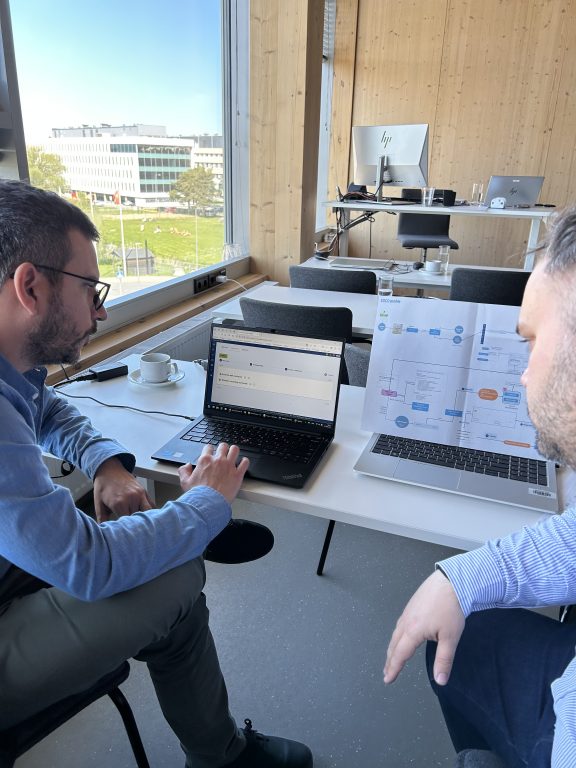
Collaboration and Progress at the 5th EBENTO Meeting in Tallinn
What: 5th EBENTO Project Meeting
Where: Tallinn, Estonia
When: 26-27 May 2025
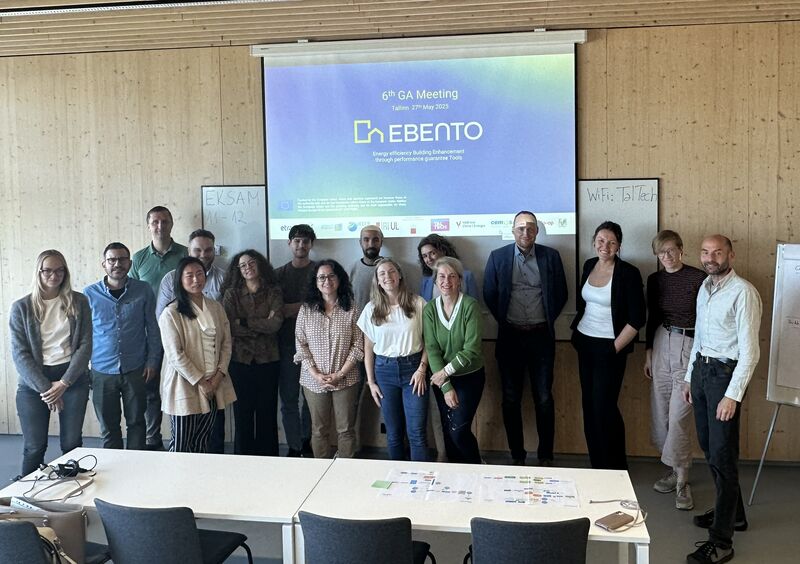
At the end of May, project partners attended the 5th EBENTO project meeting in Tallinn, Estonia. It was a focused and effective meeting, marked by interactive exchanges, an on-site visit, and a collaborative workshop.
On the first day, we visited the pilot site in Tallinn, where a multi-apartment building is undergoing energy renovation. The building is being adapted into social housing for people with reduced mobility and those in social need. Prefabricated panels were used for the façade elements, helping to reduce the overall renovation costs.
The second day started with a presentation of the partners’ results within the various work packages and across the four pilot sites. As research partners, together with IRI UL, we contributed to the evaluation of social indicators (Social KPIs) related to the project’s impact assessment and user awareness. We prepared questionnaires, guidance materials, and a methodology for data collection. As each pilot is quite specific, further adjustments and discussions will be needed to ensure the successful documentation of final outcomes – including both social and economic KPIs.
A central part of the meeting was the interactive workshop focused on the “one-stop-shop” platform developed within the EBENTO project. The workshop was led by ETRA, the project coordinator. This platform, one of the key outcomes of EBENTO, is designed for a wide range of users – from the general public to housing estate managers. It provides access to data on the condition of the housing stock and other essential information for building renovation. During the workshop, we explored the platform’s features from the perspective of various user types and offered concrete suggestions for its further improvement.
One of the core objectives of the EBENTO project is to contribute to the reduction of CO₂ emissions and to enhance the energy efficiency of residential buildings. The “one-stop-shop” platform brings together tools that help identify opportunities for improving energy performance, present the best available financing schemes, and support users in making secure and informed investments in energy-efficient solutions.
Finally, we extend our sincere thanks to the TalTech University in Tallinn for their excellent organisation and hospitality. While some challenges remain as we approach the end of the EBENTO project, I firmly believe that, through our collective efforts, we will overcome them successfully.

